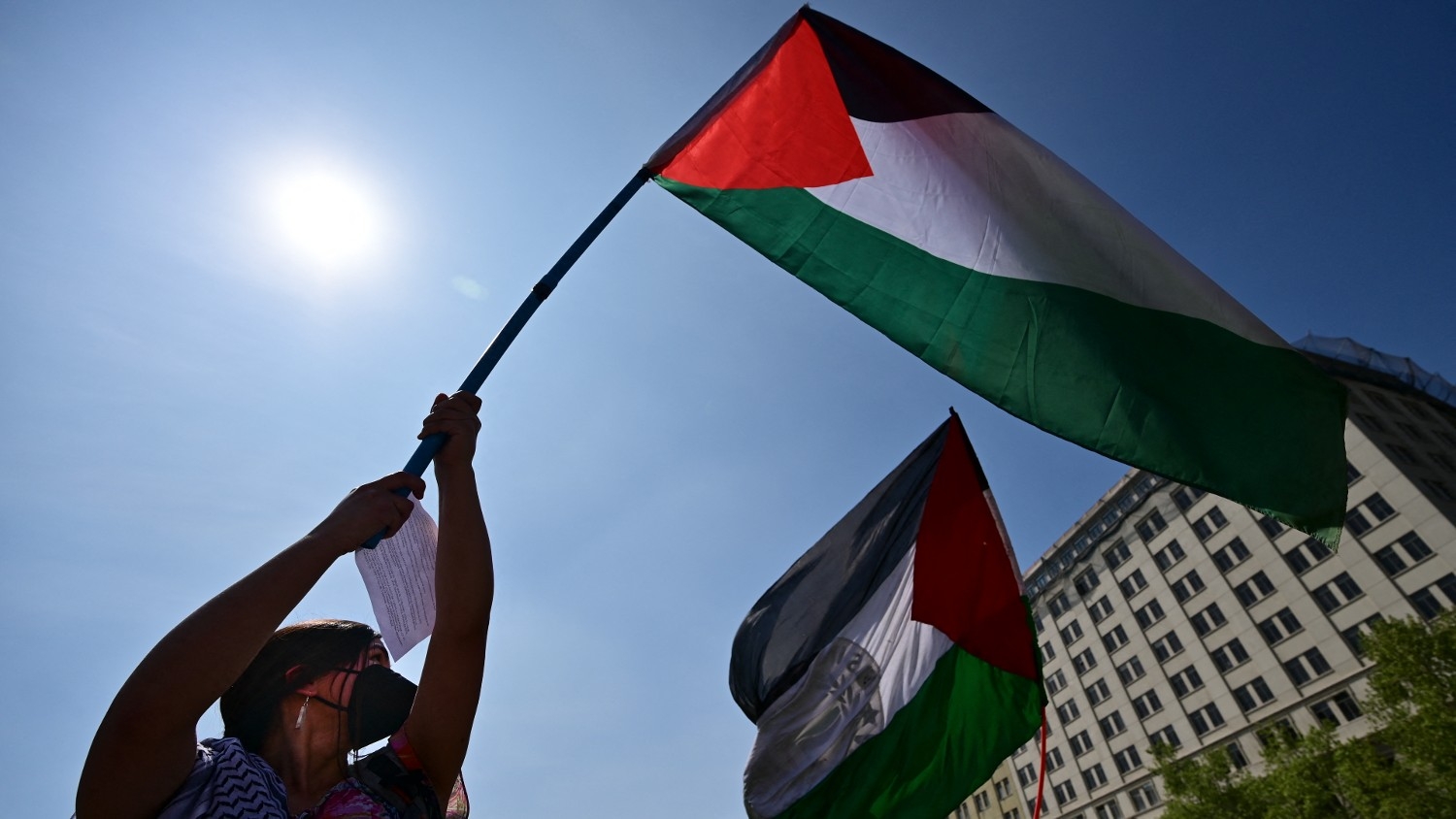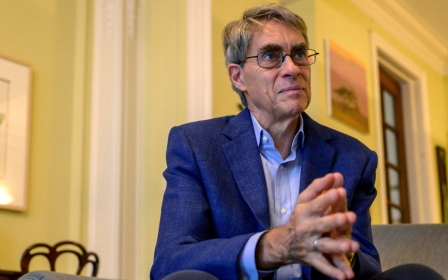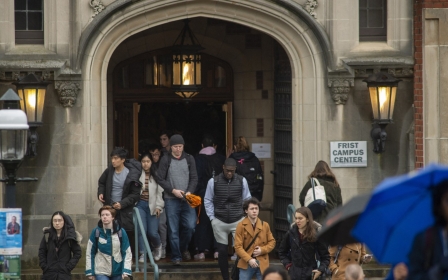Latin American anthropologists pass resolution in solidarity with Palestinians

An association of anthropologists in Latin America have endorsed a resolution that affirms support for the Palestinian people, just weeks after the US's largest association of anthropologists endorsed the Palestinian-led Boycott, Sanctions, and Divestment (BDS) movement.
At the XIV Mercosur Anthropology Conference held in Rio de Janeiro earlier this month, a group of anthropologists brought forth a resolution that sought to recognise the "crimes against the Indigenous population of Palestine during the Nakba".
"This is a public and academic commitment to the fight against racism," the motion stated.
"Building walls, checkpoints and everyday modes of occupation and subjugation of native populations configures a perverse renewal of the heinous practices of apartheid in the 21st century."
Francirosy Campos Barbosa, one of the resolution's proponents, said on X, formerly known as Twitter, that the measure's passage was a "great day for fighting the Palestinian cause".
New MEE newsletter: Jerusalem Dispatch
Sign up to get the latest insights and analysis on Israel-Palestine, alongside Turkey Unpacked and other MEE newsletters
The resolution builds on a symbolic shift in the anthropology field in the Western Hemisphere when it comes to offering solidarity with Palestinians.
In late July, after a month-long period of online voting, the American Anthropological Association (AAA) voted to adopt a resolution endorsing a boycott of Israeli academic institutions over their role in the discrimination against Palestinians. The vote was significant for the BDS movement.
The resolution passed with an overwhelming majority of 71 percent.
The BDS movement is a non-violent initiative that seeks to challenge Israel's occupation and abuses of Palestinian human rights through economic, cultural, and academic boycotts, similar to the successful boycott campaigns against apartheid South Africa.
Universities have increasingly become hotbeds for free speech issues in the United States relating to Palestinian rights.
In January this year, the former executive director of Human Rights Watch, Kenneth Roth, was denied a fellowship position at Harvard University. Roth told Middle East Eye at the time that the reason for his denial likely had to do with his criticism of Israel.
The issue caused outrage among Palestinian students and alumni at Harvard, with hundreds of people calling for the resignation of Doug Elmendorf, dean of the Kennedy School at Harvard, which is based in Cambridge, Massachusetts. Roth was eventually given the fellowship at Harvard.
But Laila El-Haddad, who is originally from Gaza and attended the Harvard Kennedy School in 2002, previously told MEE that the denial of Roth was just one of many incidents showing bias towards Israel, and was also a troubling precedent for Palestinian academics who speak out against Israel.
Middle East Eye delivers independent and unrivalled coverage and analysis of the Middle East, North Africa and beyond. To learn more about republishing this content and the associated fees, please fill out this form. More about MEE can be found here.




